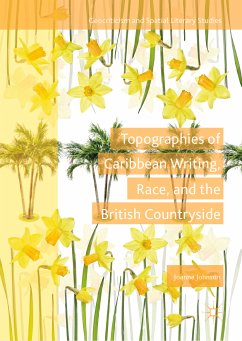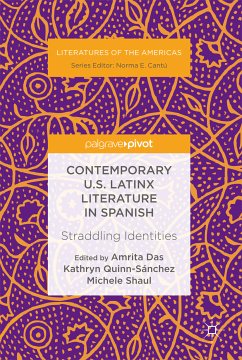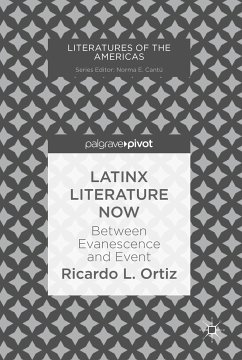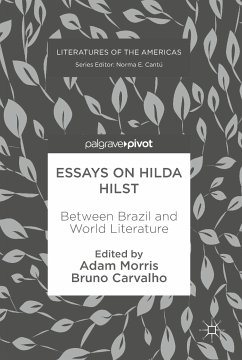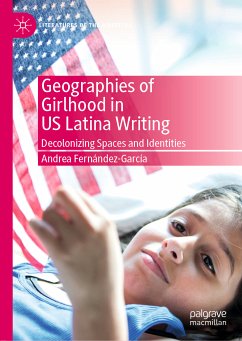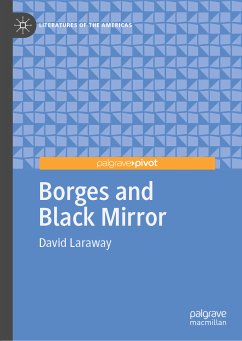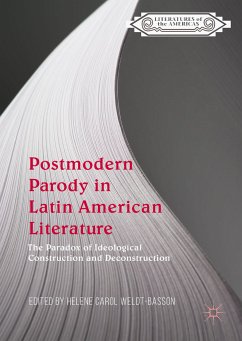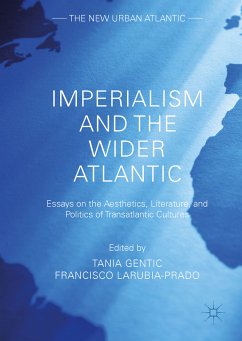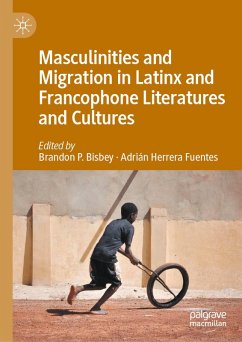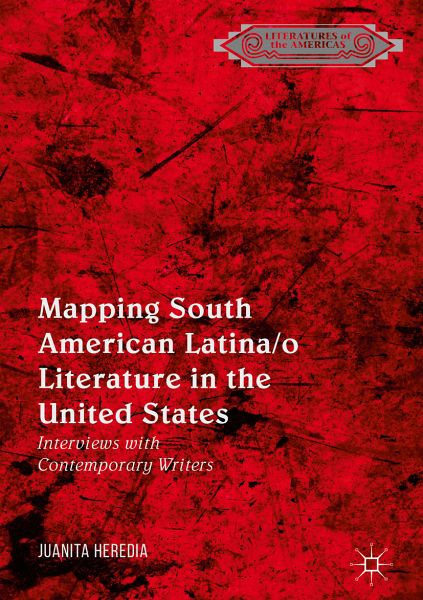
Mapping South American Latina/o Literature in the United States (eBook, PDF)
Interviews with Contemporary Writers
Versandkostenfrei!
Sofort per Download lieferbar
52,95 €
inkl. MwSt.
Weitere Ausgaben:

PAYBACK Punkte
26 °P sammeln!
Surveys a full scholarly and historical spectrum of South American descent authors in the U.S.
Sheds light on some less well-known U.S. Latina/o writers
Includes scholarly editorial introductions alongside the interviews
Dieser Download kann aus rechtlichen Gründen nur mit Rechnungsadresse in A, B, BG, CY, CZ, D, DK, EW, E, FIN, F, GR, HR, H, IRL, I, LT, L, LR, M, NL, PL, P, R, S, SLO, SK ausgeliefert werden.



